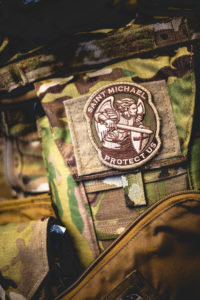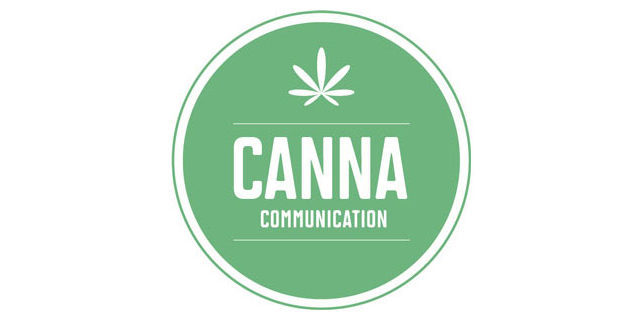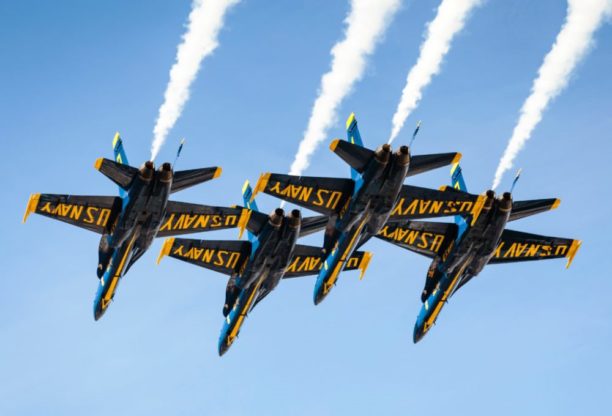Veterans are leading the fight to bring recognition to medical marijuana as a treatment for post-traumatic stress disorder (PTSD) and other combat-related injuries. It’s been a long slog, thanks in part to cannabis being a Schedule I prohibited drug. As more veterans are using medical marijuana to relieve their symptoms and veteran’s groups are becoming cannabis advocates, we want to acknowledge their leadership.
Earlier in November, the American Legion, which has been advocating for cannabis research for several years, held a press conference in Washington D.C. to help move the issue forward. It wants further research and for Veterans Administration (VA) physicians to be able to speak freely about medical marijuana. The Legion, which has  more than 13,000 Posts across the United States recently polled its members and found that an astounding 92 percent of its members want more research on cannabis and 82 percent favor outright legalization. The Legion is also asking Congress “to amend legislation to remove marijuana from Schedule I of the Controlled Substances Act and reclassify it, at a minimum, as a drug with potential medical value.”
more than 13,000 Posts across the United States recently polled its members and found that an astounding 92 percent of its members want more research on cannabis and 82 percent favor outright legalization. The Legion is also asking Congress “to amend legislation to remove marijuana from Schedule I of the Controlled Substances Act and reclassify it, at a minimum, as a drug with potential medical value.”
How Cannabis Helps with PTSD
Part of what they are seeking is further research on a link between the symptoms of PTSD: inability to sleep, nightmares and hyperarousal (reaction to sounds and images) and cannabis in decreasing those symptoms. The heart of the issue is there have not been any large-scale, controlled studies regarding this connection, specifically. Studies on lab animals show evidence that cannabis and cannabinoids can help prevent the effects of stress on memory and emotion, two of the markers of PTSD. The anti-anxiety effect of certain strains of cannabis can also help with removing deep seeded traumatic fear.
One Veteran’s Cannabis Story
Further, cannabis shows promise for veterans (and others) with traumatic brain injuries. In a moving op-ed piece in the New York Times, Thomas James Brennan, a Marine veteran who served in Iraq and Afghanistan, writes about how cannabis saved him, moving him from a cocktail of prescription drugs that required more pills and higher dosages that became ineffective as time passed. A friend gave him a joint and urged him to smoke it before bed.
“I hesitated to light it up because I’d always bought into the theory of weed as a “gateway drug.” But after a few tokes, I stretched out and fell asleep. I slept 10 hours instead of my usual five or six. I woke up feeling energized and well-rested. I didn’t have nightmares or remember tossing or turning throughout the night, as I usually did,” he wrote.
While marijuana isn’t for all veterans, it worked well for Brennan. “If I hadn’t begun self-medicating with it, I would have killed myself… it’s the only thing that takes the sharpest edges off my symptoms. Because of cannabis, I’m more hopeful, less woeful,” he said.
The anecdotal evidence is mounting. Many war veterans are advocating for additional research and making marijuana an option through the Veteran’s Administration healthcare system. At present, even though the VA acknowledges that veterans use cannabis and its physicians can discuss use with patients, they are prohibited from helping a veteran complete paperwork to obtain a medical marijuana card or recommending it. We hope this changes.
On this Veterans Day, thank the veterans in your community not only for their service but for helping move the cause of cannabis normalization forward.

